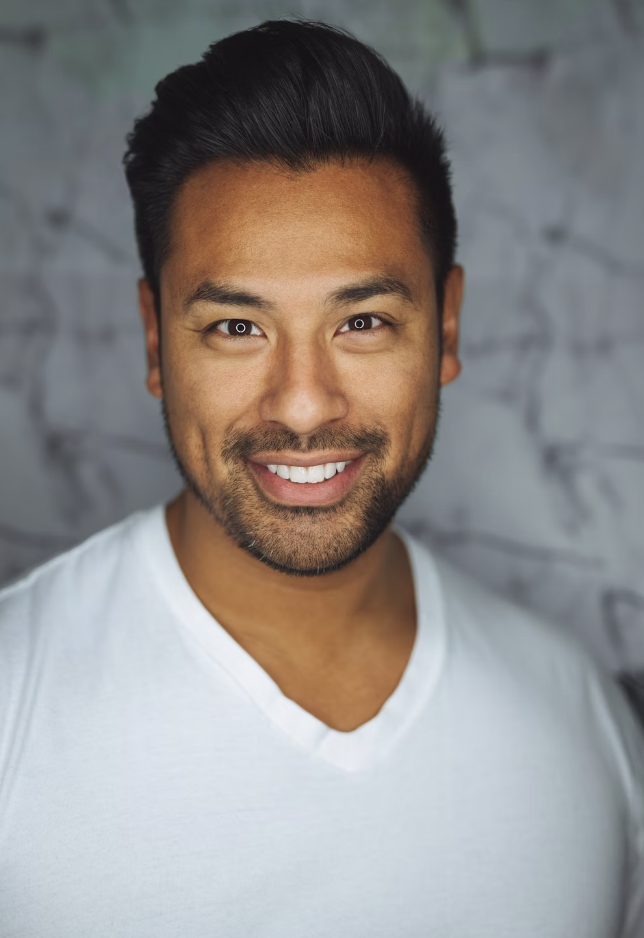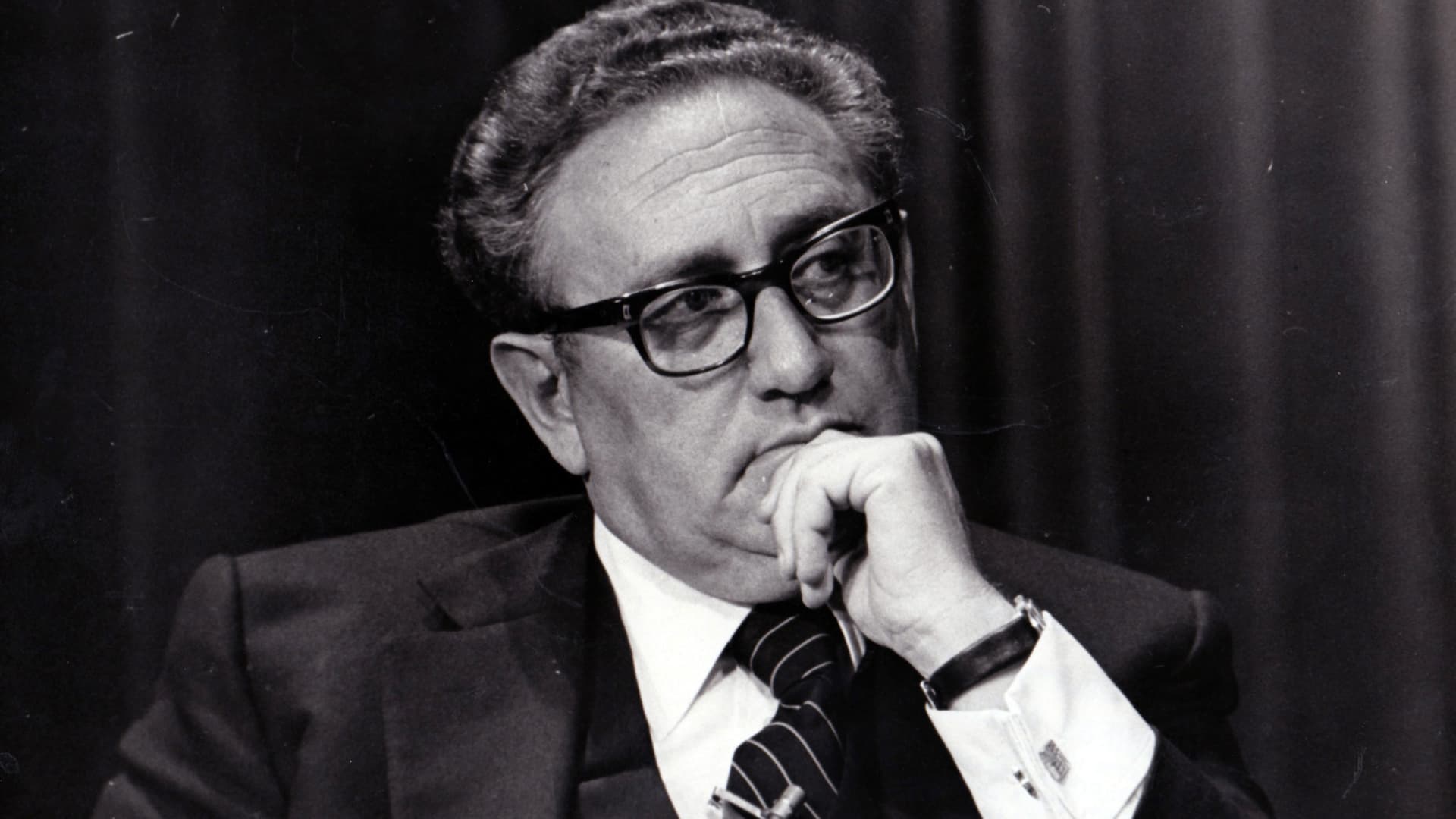Henry Kissinger, the Holocaust survivor and Harvard professor who served as a prominent U.S. diplomat and was known for his remarkable political astuteness, passed away. He was 100 years old at the time of his death, which took place at his home in Connecticut, according to reports from Kissinger Associates. Throughout his career, Kissinger was both revered and reviled by many due to his involvement in various high-profile incidents in American political history.
Historic Political Engagements with Nixon
As President Richard Nixon’s chief foreign policy advisor, he played a crucial role in formulating the country’s grand international strategies. This involved extracting the United States from the unpopular Vietnam War and dealing with its relationships with communist powers. Furthermore, he worked tirelessly to defend his political grounds during the complicated times of the Watergate scandal and after Nixon’s resignation.
Active Role in U.S. Diplomacy
Kissinger was actively involved in negotiating America’s exit from the Vietnam War, and was awarded the Nobel Peace Prize in 1973 for a cease-fire agreement with North Vietnam. He also took part in crafting the détente policy, which led to enhanced relations with the Soviet Union and the opening up of diplomatic channels with Communist China.
Furthermore, he engaged in shuttle diplomacy to broker agreements between Israel and Arab countries in the wake of the Yom Kippur War and expressed support for regimes accused of human rights abuses, such as in Chile and Pakistan.
Controversy and Critique
Kissinger faced criticism for his controversial policies, and his actions were the subject of various books, including “The Price of Power,” which branded him as a deceiver, and “The Trial of Henry Kissinger,” which accused him of war crimes.
Geopolitical Involvement and Recent Controversy
In recent years, Kissinger served as a prominent board member in Elizabeth Holmes’ Theranos Inc., and drew criticism for suggesting that Ukraine should give up some of its land to Russia during ongoing disputes with the country.
Flight from the Holocaust and Academic Beginnings
Born in Fuerth, Germany, Kissinger and his family fled from Nazi Germany to New York when he was a young teenager. He went on to join the U.S. Army, fighting against the very regime that had forced his family to flee, and witnessing the horrors of the Holocaust firsthand.
After his military service, Kissinger pursued academia and became an influential figure at Harvard, where he worked on strategic studies and foreign policy. This period of his life set a strong foundation for his later geopolitical endeavors and diplomatic career.
Legacy Amidst Discontent
Nevertheless, the legacy of Henry Kissinger remains marred by controversy, with his approach being described as “negativistic” and “pessimistic” by critics. His perceived involvement in the Theranos Inc. scandal, as well as his recent comments about the conflict in Ukraine, have added to the skepticism of his geopolitical actions.
Throughout his career and life, Henry Kissinger made an indelible mark in U.S. diplomatic history, leaving a legacy that continues to be debated and assessed.

I have over 10 years of experience in the field of cryptocurrency and blockchain technology. I have attended numerous conferences and events around the world, and my work has been featured in major publications such as CoinDesk, Bitcoin Magazine, and Yahoo Finance.



